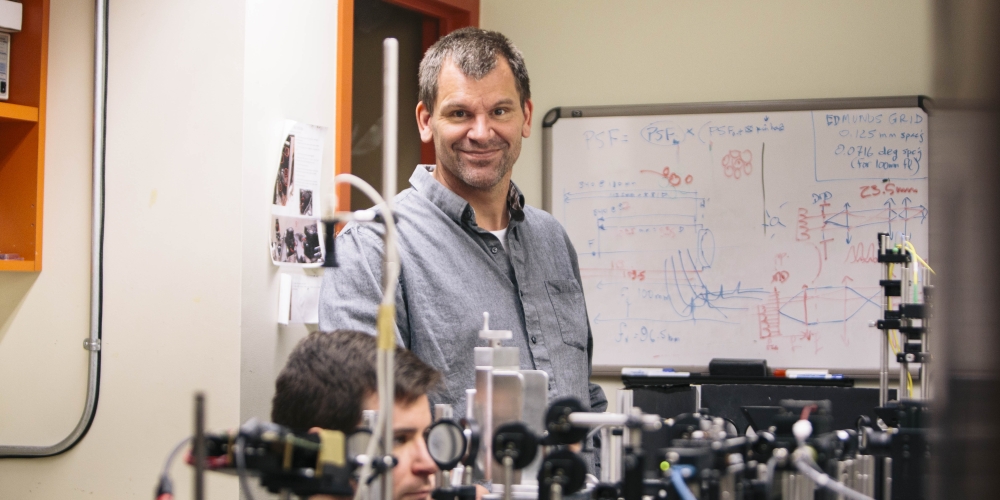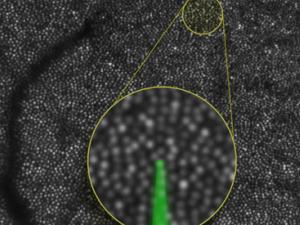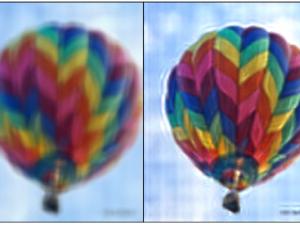

Research Expertise and Interest
adaptive optics, eye, vision, ophthalmoscopy, scanning laser ophthalmoscope, ophthalmology
Research Description
Austin Roorda is a professor in the School of Optometry. The human visual system combines exquisite optical design and neural processing. The Roorda Lab investigates visual processes from the earliest stages, such as the formation of the retinal image and its sampling by the photoreceptor mosaic, to higher level vision, like how we effortlessly immediately and accurately generate color percepts of a scene.
To accomplish their science goals, they design and build advanced optical instruments to measure and overcome the optical limits of the eye. Specifically, they employ adaptive optics - a technology originally developed for astronomical imaging from ground-based telescopes - to correct the eye’s aberrations and to image and/or present stimuli to the retina with unprecedented resolution. Overcoming optical limitations with adaptive optics has allowed them to make new discoveries in vision science, from mapping the trichromatic cone mosaic for the first time ever to learning how human visual acuity responds to an aberration correction.
Their research has a broad scope, from basic studies of color and spatial vision to monitoring the progression of eye disease.

